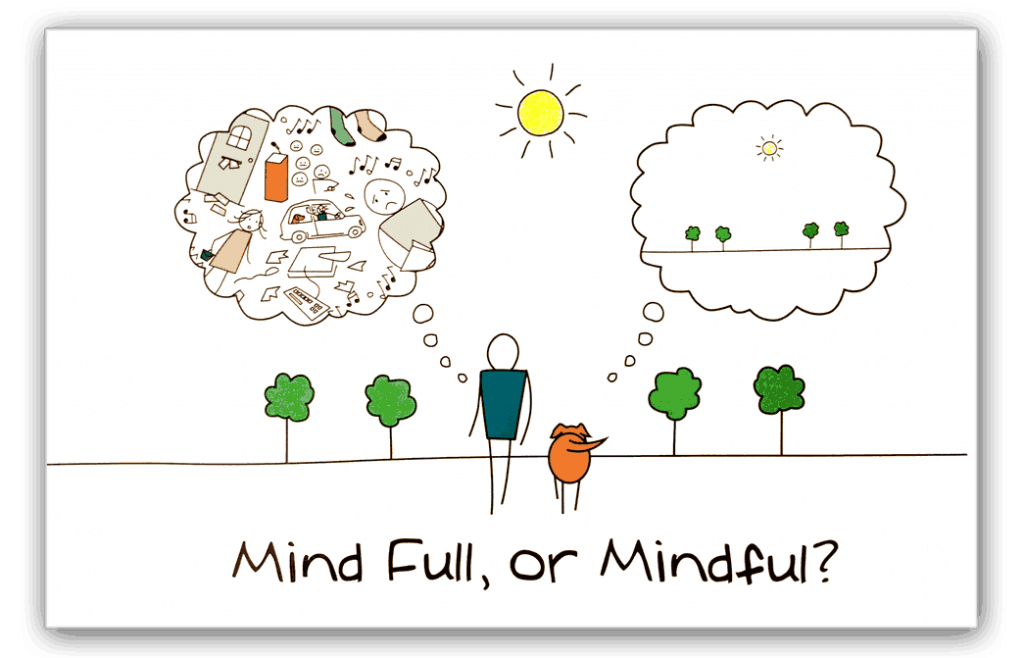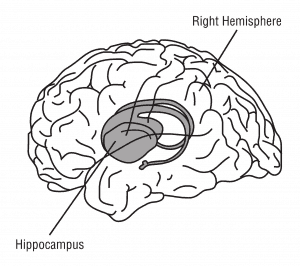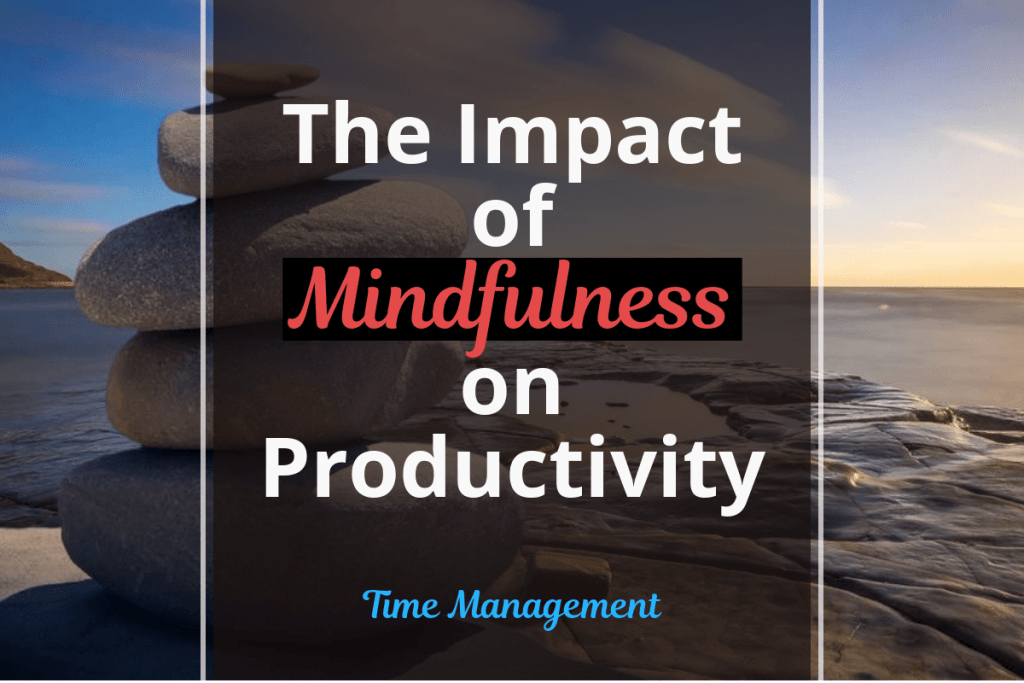🖊 This article was last updated on November 11, 2023
Mindfulness meditation has emerged as one of the best ways to relax and keep stress at bay. This ancient practice has made its way in our western culture, gaining followers from all over the world. In fact, over 18 million Americans use meditation to unwind after a long day, connect with their inner selves, or balance their emotions.
What most people are not aware of is that mindfulness meditation can do a lot more than just relieve stress. This centuries-old discipline can boost productivity by a whopping 120 percent. Furthermore, it lowers blood pressure and heart rate, reduces pain, and improves PMS symptoms. It’s also an excellent way to fight depression and anxiety, both of which can hamper your career and personal life.
But how exactly does meditation work and what makes it so effective? And how to get started if you’ve never tried it before? Read on for a deep dive on mindfulness.
How Does Meditation Work?
Meditation has been subject to thousands of studies over the last decade. Its benefits range from enhanced immunity and brain function to pain relief. There are various theories on how this practice works. Research has shown that it causes real, physical changes in the brain and balances the hormones that regulate mood and behavior.

Studies indicate that meditation thickens the corpus callosum, a network of nerves that connects the two brain hemispheres. This leads to improved mental function, greater creativity, deeper thought, and better memory.
Meditation also activates the hippocampus and prevents it from shrinking, which helps relieve depression. In a clinical trial, subjects who incorporated this practice into their daily routine for eight weeks experienced an increase in the overall size, neural thickness, and density of the left and right hippocampi. Since these areas regulate our mood and support memory function, meditation may help reverse depression and improve our ability to learn and retain information.
Totally irrelevant sidenote: whenever I hear or read the word hippocampus, I have the visual image of a classroom filled with hippos.
Other studies have found that people who meditate regularly are able to switch attention focus at incredible speeds and quiet the neurological stimulation caused by stress and anxiety. Furthermore, this ancient practice enables us to transition from high-frequency brain waves to low-frequency waves, which stimulates different brain regions.
Meditation and Productivity: What’s the Link?
Meditation has both short- and long-term benefits. By changing your brain structure, it can lead to enhanced mental performance, better decision making, and higher productivity.
Most people begin to experience its benefits after just a few weeks. Improved focus, calmness, and clarity are some of its psychological benefits that come to light within days. In the long run, meditation can boost your cognitive skills, memory, and self-awareness. You’ll find it easier to focus on the tasks at hand, enjoy a better night’s sleep, and have more energy.
As an entrepreneur, you know that productivity can make or break your business. Yet, you may not always be able to perform at your peak. Stress, distractions, personal problems, and everyday worries can mess up your routine. It’s difficult to stay focused when you’re constantly worrying about money, business, or family. That’s where meditation can help.
This simple practice activates the right side of the brain, which is responsible for creativity. By meditating regularly, you’ll find it easier to come up with new ideas and solutions for your business. Plus, your motivation will increase and your memory will get sharper.

According to research, meditation improves our ability to resist distractions, which in turn, makes it easier to learn new behaviors and develop better habits. This also leads to greater productivity and work performance. On top of that, meditating daily increases willpower, helping you manage distractions and urges more easily.
Just 10 minutes of daily meditation can boost mental focus and ward off repetitive, anxious thoughts. In clinical trials, this practice has been shown to improve focus and concentration by helping subjects shift their attention from their internal worries to the present moment.
The American Psychological Association confirms these findings. It appears that meditation can dramatically lower stress levels and reduce rumination. Several studies have found that participants who meditated for as little as 10 minutes a day experienced improvements in their attention span, mood, mental focus, and working memory capacity. Additionally, they performed significantly better on all measures of attention.
It’s easy to understand why meditation has gained so much popularity among business professionals. This centuries-old practice gives you greater emotional control and helps you take charge of your day so you can have more time and energy left for your personal life. Plus, it improves overall health and keeps your brain sharp until late in life.
How to Start a regular Meditation Habit
Meditation is a mix of both art and science. It comes in different forms and can be practiced in a multitude of ways. If you’re a beginner, it’s best to stick to the basics. Try it for just two minutes a day in the first week. As you progress, increase by another two minutes, then another three minutes, and so on. Keep practicing until you are able to meditate for 10-15 minutes a day.
For myself, I’ve found that it’s better to do it in the morning when I’m (a little bit) less likely to get distracted. I also found out that if I don’t get to it in the morning, it’s very hard for me to make time for it in the rest of the day. I have made it a part of my daily morning routine so I’m sure it get’s done.
So how do you do it? You sit (or lay) down on your bed or couch, and relax your body. Focus on how you’re feeling. Are you stressed, anxious, or tired? Feeling overwhelmed? Take a deep breath and then exhale. Count each breath until you reach 10. Once you’re done, start again at one. Keep your eyes closed and your body relaxed. Find a posture that feels comfortable and keeps you upright. Empty your mind and focus on your breath.

You will get distracted, that’s normal. Mindfulness meditation is not about not thinking, it’s about noticing when you are distracted and returning your focus to your breath. (You’ll have to do this over and over again.)
Another way to meditate is to repeat a word, or mantra, that relates to your goals or your state of mind. Let the mantra draw your attention and keep you focused. Practice every day to reap the benefits. Over time, your attention span, concentration, and focus will greatly improve.
Conclusion
Meditation is not a one-time thing. It requires discipline and consistency. With regular practice, it can lead to more rational thinking when making business decisions, boost your morale, and make you happier overall. On top of that, your productivity will reach new heights!
If you find it hard to meditate on your own, as I do, you can use an app to help guide you. There are hundreds of apps out there, but in my opinion, the best two are Calm and Headspace. I’ve used both of them quite a bit (a total meditation time of 19 hours with Calm and 33 hours with Headspace so far) and they’re both great.
So, what are you waiting for? Meditation is something you can do anytime, anywhere! Okay, almost anytime and anywhere. Try it right now or whenever you have a few quiet minutes. The benefits are immediate!
- These Black Friday deals will skyrocket your productivity (2021 edition) - November 11, 2021
- How to Stay Productive as a Digital Nomad - December 23, 2019
- When is the right time to outsource? - December 3, 2019


